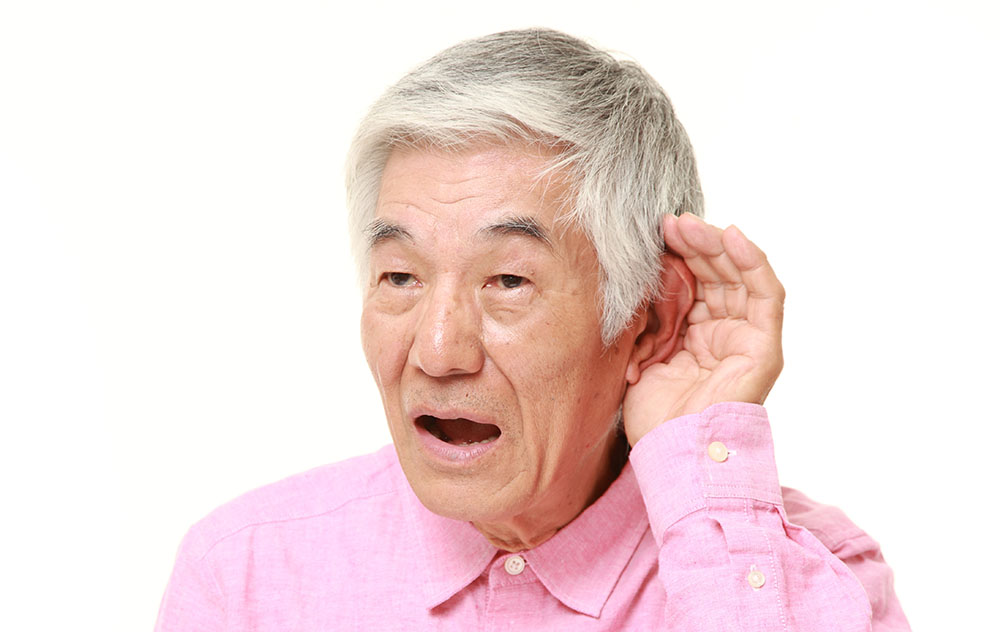How Hearing Tests Can Detect Early Signs of Health Issues
Most people think of hearing tests as something you do when you’re


Most people think of hearing tests as something you do when you’re

Your sense of balance and hearing are closely connected – when one

Untreated hearing loss can deeply affect your everyday life, often in ways